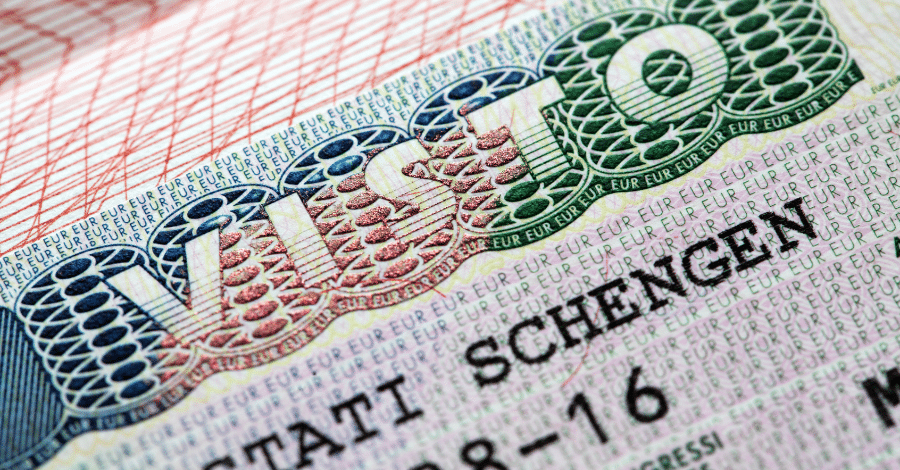Romania and Bulgaria are poised to join the European Schengen area for air and sea travel in March 2024, following a landmark agreement with Austria, the Romanian government announced earlier this month.
The Romanian Interior Ministry confirmed that a “political agreement” was reached among the three countries, allowing for the expansion of the Schengen zone to include the air and sea borders of Romania and Bulgaria starting from March 2024, reports Le Monde. However, the decision regarding the opening of land borders is deferred to discussions scheduled for next year. This development comes after Austria, which previously vetoed the entry of the two countries last year, proposed the concept of “Air Schengen” earlier in December.

Austria’s condition for supporting this integration was tied to the strengthening of the EU’s external borders, particularly in light of concerns over illegal immigration. Romania and Bulgaria, both EU members since 2007, were denied entry into the Schengen zone at the end of 2022, primarily due to Austria’s concerns over illegal immigration and the perceived vulnerability of the external Schengen borders.
The news impacts non-EU citizens on visas in Schengen countries that regularly do the “Schengen shuffle” to reset the 90-day visa limitations. For these purposes, once this agreement goes into effect, Romania and Bulgaria will no longer be viable options for expats to live outside of the Schengen area.
The Schengen area, established in 1985, encompasses 23 of the 27 EU member states, along with associated countries Switzerland, Norway, Iceland, and Liechtenstein. This area facilitates the free movement of over 400 million people without internal border checks.
Advantages to Joining the Schengen Agreement
One of the most significant benefits of being part of the Schengen zone is the elimination of internal border checks, allowing for free and seamless movement of people across member countries.
The free movement enhances tourism, as travelers can visit multiple Schengen countries without the need for separate visas or border checks. The elimination of border checks also facilitates smoother trade between member states, reducing transit time and costs.
Moreover, the Schengen Agreement includes provisions for cooperation in policing and judicial matters. This collaboration helps in combating cross-border crime, terrorism, and illegal immigration more effectively. The Schengen Information System (SIS) allows countries to share information on crime and security, enhancing overall safety within the zone.

While internal border controls are removed, the Schengen Agreement strengthens external border controls. Member countries collaborate on immigration policies and controls, leading to more effective management of migration flows into the Schengen area.
Residents of Schengen countries enjoy the convenience of traveling across borders for work, study, or leisure without the need for multiple visas or passport controls. This facilitates cross-border commuting and cultural exchange.
European Countries Outside the Schengen Zone
While Romania and Bulgaria prepare to join the Schengen area for certain borders, it’s noteworthy that several European countries remain outside the Schengen Agreement. These include the UK, Ireland, Albania, Montenegro, Andorra, North Macedonia, Belarus, Russia, Bosnia and Herzegovina, San Marino, Serbia, Kosovo, Ukraine, Moldova, Vatican City, and Monaco. These countries have unique travel and visa policies you should check before traveling or planning a longer stay.

